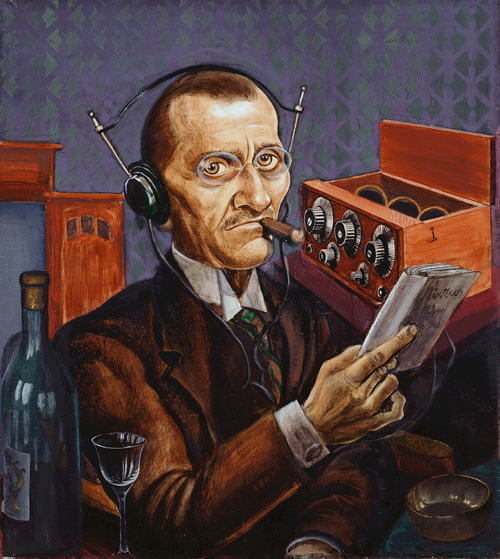(Walter Benjamin, 1933)

ANNOUNCER: I, as the announcer, see myself in the pleasant condition of taking a position above all parties – I mean to say planets. Since the following events take place between the earth and the moon – or rather on the former or on the latter – I would be breaking the rules of interplanetary behavior if I, as the announcer, were to take the position of either the earth or the moon. To remain correct, I will let you know that the earth appears to the moon, which knows all about the other, as mysterious as the moon to the earth, which knows nothing about the other. That the moon knows everything about the earth and the earth nothing about the moon you may deduce from the single circumstance that there is a committee for earth research on the moon. You will have no difficulty following the meetings of this committee. Just to assist you with your orientation, let me point out the following: the debates of the moon committee are extremely short; the allotted speaking time on the moon is the shortest anywhere. The moon inhabitants live on no other substance than the silence of their fellow citizens, which they hence do not like to see interrupted. It is also worth mentioning that an earth year amounts to only a few moon minutes. We are dealing here with the phenomenon of time warp, with which you are undoubtedly familiar. The fact that, on the moon, photographs have always been taken is hardly worth mentioning. The technical equipment of the Society for Earth Research is limited to three units, which can be operated more easily than a coffee mill. First, we have a spectrophone, through which everything that happens on earth can be seen and heard; a parlamonium, which can translate tedious human speech into music for moon citizens spoiled by celestial harmony; and an oneiroscope, with which the dreams of the earthlings can be observed. This is important because of the interest in psychoanalysis prevalent on the moon. You will now join a meeting of the moon committee….
LABU: I regret to state that the spectrophone has moved to such an extent that we might have difficulties getting Mr. Lichtenberg back in focus.
(A series of buzzes and rings can be heard.)
QUICKKO: Indeed, there has been a readjustment of one billionth of a milligrade. We no longer have Göttingen. According to my instruments, this must be Einbeck, which is close by. – Quiet!
LICHTENBERG: Professor, I believe –
QUICKKO: Quiet! Listen to Lichtenberg’s voice. It’s coming from Einbeck.
LICHTENBERG: Professor, let us retreat into the pub; the noise is about to become a nuisance…
SOFANTI: This just in from Venus, and I would recommend that everybody take note. Fifty-year-old Lichtenberg, the enemy of the enthusiasts, who has been faithful to Reason all his life is about to betray her with the Muse. He is making poems, he is even reciting.
LABU: This should be a welcome opportunity to employ our parlamonium. We shall listen to the beginning of this poem and then have it translated into music.
(Gong.)
LICHTENBERG: (Measured, different from his usual intonation.) What if once the sun did not come back, I often thought, when I awoke in a dark night; and I was happy when I finally saw daybreak again. The deep silence of early morning, the friend of thoughts, combined with the feeling of strengthened forces and renewed health all evoked in me such a mighty trust in the order of nature and the spirit who guides it that I felt so sure in the tumult of life, as if my fate were in my own hands…
(The recitation has already been accompanied by music and fades at this point to a hymnlike melody – like one by Haydn or Handel. After a while this music becomes a funeral march.)
LABU: …We conclude the research of the committee and switch on the celestial music.
(Music.)
